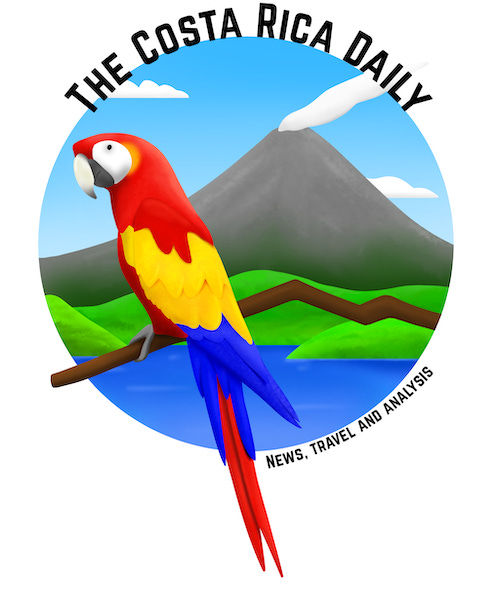The latest on Costa Rica's digital nomad & investor visas
Costa Rica wants to attract more wealthy foreigners.
Earlier this year, we detailed two projects that are making their way through Costa Rica’s legal system.
One would offer benefits for wealthy investors, while the other would attract foreign remote workers (more commonly known as “digital nomads”) to Costa Rica.
The Presidency has summoned both projects to the Legislative Assembly (Congress) floor, which means they should be debated — and potentially passed — by the end of July.
Importantly, even if these projects pass the two required debates in the Legislative Assembly, it could take months to create the corresponding regulatory framework. In other words, don’t expect to apply for a digital nomad visa or plan your tax-free vehicle import just yet.
Here’s the latest on the two projects:
Costa Rica’s project to attract investors
This is being worked as project 22.156.1
This project would reduce the minimum capital investment for Costa Rica residency from $200,000 to $150,000. In addition, the bill contemplates incentives such as:
A one-time tax exemption for importing household goods.
A tax exemption for importing a vehicle.
A partial (20%) tax exemption for the transfer of property.
The heaviest criticism regards the vehicle tax exemption, and motions (questions or corrections) filed by legislators about the project must be addressed before it’s debated. However, a Financial Affairs committee has endorsed the bill, and it appears to have enough support to pass in the Legislative Assembly.
Costa Rica’s project to attract digital nomads
This is being worked as project 22.215.2
This project would create a visa category in Costa Rica for remote workers who can demonstrate a monthly income of at least $3,000 (or $4,000 for a family).
The visa would be valid for one year, renewable for an additional year. The law would grant some tax exemptions (e.g. no income taxed in Costa Rica, the ability to import work equipment) and establish driving privileges.
Digital nomads would need to have private health insurance covering them in Costa Rica.
The Tourism Board (ICT) strongly supports this bill, and a tourism subcommittee has endorsed the digital nomad project.
However, legislators have filed 100-plus motions (questions or corrections) that must be addressed before it’s debated further. The biggest concerns relate to the amount of proposed tax exonerations; supporters of the bill say the country will benefit from digital nomads’ spending, even if income isn’t taxed by Costa Rica.
Share and subscribe
You can always read The Costa Rica Daily on our website. But to receive the news straight to your inbox, subscribe via the button:
Support The Costa Rica Daily
The Costa Rica Daily is 100% free — and 100% ad-free. We can only exist with your support:
CRHoy wrote a good summary of the project. You can read it here.
Outlier Legal wrote a good summary of the project. You can read it here.




The banking laws here are what actually prohibit the truly wealthy from moving to Costa Rica.
They also prohibit any large but new business from opening in a way that benefits investment.
Don´t think so? Go to your bank and tell them that you want to lay the groundwork for starting a new business and ask them how to wire in 500M dollars to cover development\start up costs .... For a bank like BNCR it will start with a refusal to even open the account. Then they will ask the Central Bank and they will plainly state that to bring in that much foreign currency will negativly impact the value of the Colon and deny it as well.
You can, however, leave your money where it is and import everything you need and pay the rather large construction costs to a Costa Rican company that has an offshore account.... or you may trickle the money in adding to all the standard delays and get started on the slow path which itself is not conducive to any sound business plan.
And that is the official position of the laws as written.
In short, new businesses that are not part and parcel to an existing multinational that has no problem working within the present high level loan and interest rate structure are simply not welcome to make major investments here regardless of source or provenance of their monies.